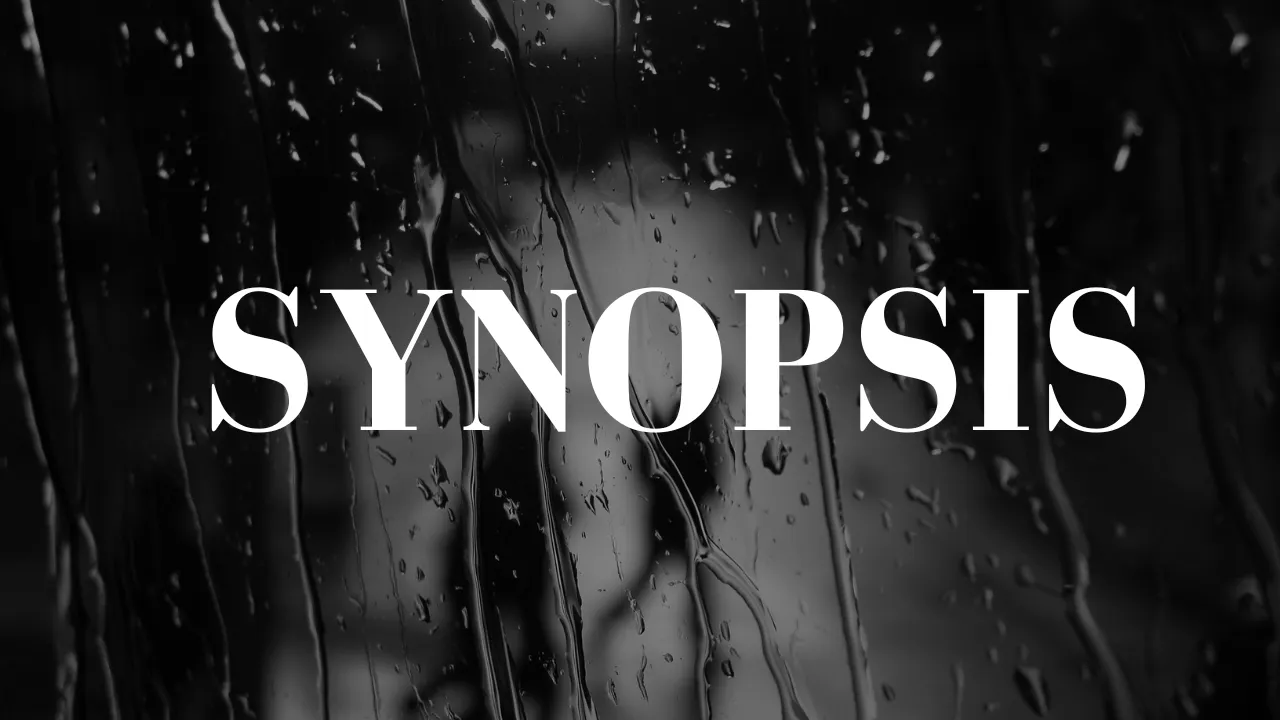Introduction
In the world of literature, film, and academia, the term "synopsis" holds a special place. It's the key to summarizing complex narratives, capturing the essence of a story, and providing readers or viewers with a glimpse into what lies ahead. In this comprehensive guide, we will delve deep into the concept of a synopsis, exploring its significance, its various forms, and the art of crafting an effective one. By the time you finish reading, you'll be equipped with the knowledge to master the art of creating compelling synopses, whether you're an aspiring author, a filmmaker, or a student working on your thesis.
What is a Synopsis?
A synopsis, in its essence, is a concise summary of a longer work, such as a book, movie, play, or academic paper. It serves as a condensed version of the original, offering readers or viewers a quick overview of the main plot, characters, and themes. Think of it as a trailer for a film or the blurb on the back of a book. Its primary purpose is to provide a snapshot that piques curiosity and convinces the audience to delve deeper into the complete work.
Types of Synopses
Literary Synopses
In the realm of literature, a synopsis is a vital tool for authors, agents, and publishers. It plays a crucial role in getting a book published. Here's a breakdown of the types of literary synopses:
- Query Letter Synopsis: When authors submit their manuscripts to literary agents or publishers, they often include a query letter that contains a brief synopsis of their work. This is the first step in getting their book noticed.
- Book Proposal Synopsis: For non-fiction works, authors typically provide a detailed synopsis as part of their book proposal. This synopsis outlines the book's content, target audience, and market potential.
- Back Cover Synopsis: This is the synopsis you see on the back cover of a book. It's a teaser designed to entice potential readers and give them a taste of what to expect.
Film and Television Synopses
In the world of film and television, synopses are used to pitch ideas, attract investors, and provide a roadmap for the production process. There are a few key types of film and television synopses:
- Treatment: A treatment is a more detailed version of a film or television show's synopsis. It includes a narrative outline, character descriptions, and often sample dialogue. Treatments are used to pitch ideas to producers and studios.
- Logline: A logline is a one or two-sentence summary that captures the essence of a film or show. It's a concise and attention-grabbing description that is often used in marketing and pitching.
- Script Synopsis: Once a script is written, a synopsis can be created to give potential investors, directors, and actors an overview of the story without having to read the entire script.
Academic Synopses
In the academic world, a synopsis takes on a different form. It is often referred to as an abstract or summary and serves to condense complex research papers or theses into a more accessible format. Here are the types of academic synopses:
- Abstract: An abstract is a concise summary of an academic paper or article. It provides an overview of the research question, methodology, findings, and conclusions. Abstracts are commonly used in academic journals and conferences.
- Thesis Synopsis: When working on a lengthy thesis or dissertation, students often create a thesis synopsis to provide a snapshot of their research for review committees or potential advisors.
Now that we've explored the various types of synopses, let's dive deeper into the art of crafting an effective one.
Crafting an Effective Synopsis
Whether you're writing a literary, film, or academic synopsis, certain principles apply to create a compelling and informative summary. Here are some key steps to keep in mind:
1. Understand Your Audience
Before you start crafting your synopsis, it's essential to know your target audience. Are you writing for literary agents, film producers, or academic peers? Understanding their expectations and preferences will guide your approach.
2. Capture the Essence
Your synopsis should capture the essence of the original work. Identify the main plot points, central characters, and core themes. Focus on the elements that drive the narrative forward and shape the story's identity.
3. Maintain Clarity and Conciseness
A good synopsis is clear and concise. Avoid unnecessary details and tangents. Stick to the central storyline and characters. Use straightforward language that is easy for your audience to understand.
4. Create Intrigue
One of the primary goals of a synopsis is to create intrigue. Make your readers or viewers curious about what happens next. Use engaging language and highlight key moments that generate interest.
5. Edit and Refine
Writing a synopsis is an art, and like any art form, it requires editing and refinement. After you've written your initial draft, review it carefully. Check for clarity, coherence, and grammar. Trim any excess words or information.
6. Seek Feedback
Don't hesitate to seek feedback from others. Whether it's fellow writers, colleagues, or advisors, getting a fresh perspective can help you improve your synopsis.
Conclusion
In conclusion, the synopsis is a versatile tool that plays a pivotal role in the worlds of literature, film, and academia. It serves as a bridge between creators and their audiences, providing a glimpse into the rich narratives, ideas, and research that lie ahead. Crafting an effective synopsis requires skill and attention to detail, but mastering this art can open doors to publication, production, and academic recognition. So, whether you're a budding author, a filmmaker with a vision, or a student on the path of academic inquiry, remember that a well-crafted synopsis is your key to success.
Read more articles About Chat GPT: developed by OpenAI and other article is स्वतंत्रता दिवस: हर घर तिरंगा






0 Comments